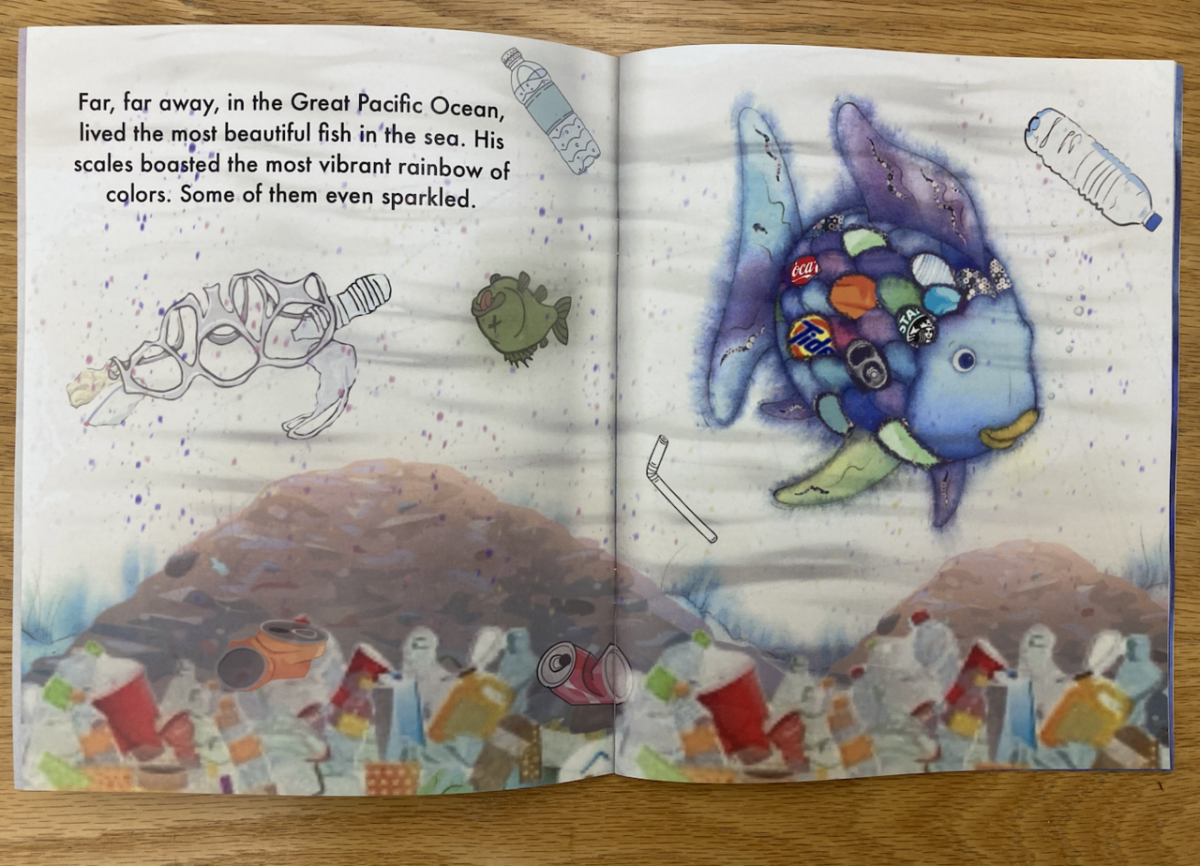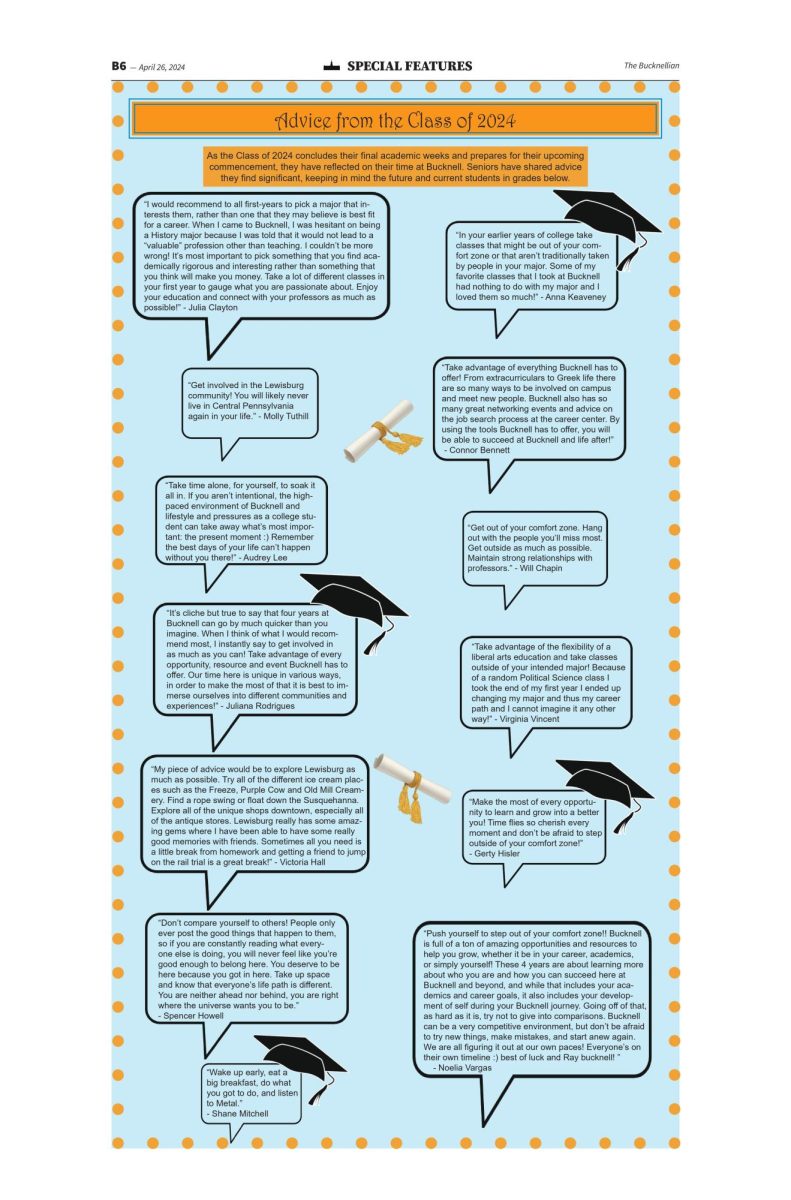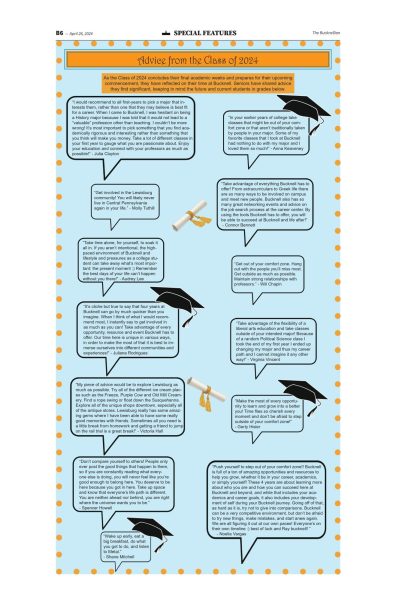The unspoken truth of depression at Bucknell
February 24, 2023
Depression seems to be a term thrown around everywhere these days, which can make it hard to convey feelings without using hyperbole. Of course, there is a difference between sadness and depression, nerves and anxiety, organization and OCD; but these are often muddled, and so it becomes difficult to identify what you’re truly feeling. All this is to say that navigating emotions is difficult, but learning how to do so without the constant exaggeration or lack thereof is important. Learning your triggers is also important — especially in college.
Bucknell is known to be a party school with a love and appreciation for academics, which can be hard to fathom for onlookers. It’s hard to fathom for students, even, especially first years attempting to settle in. Students flood the library all week, laptops open and homework scattered about. There is no doubt that there is a deep respect for academia and what it means to go to a school with a scholarly reputation. No doubt. But when Friday rolls around, the library becomes vacant and the crowd migrates to the downtown fraternity houses, drenched in sweat and booze, and swarmed with screams of 2000s hits. The library is a forgotten home, abandoned at the thought of no class on Saturday.
Of course all of this is known fact, and it’s a cycle that the average Bucknellian assimilates to in time. Yet, I’ve seen people fall out of the “going-out” crew, to whom weekends become mere days off and the gossip carries over to the next morning on FaceTime or in passing on the way to class. Many of these people have transferred, found better experiences in another town filled with less sticky Solo cups and worn-out Elf Bars dead in grass, but still latent with the ability to drink on Wednesdays and be a teenager. So, is it the parties itself that cause this unspoken epidemic of depression at Bucknell?
In the Vice article “Partying With Depression Turned My Life Upside Down,” an anonymous author wrote “…the shame of the previous night’s behavior…would propagate a new cycle of self-hatred and criticism…” To a lesser extent, I’ve seen this occur in my friends’ life, the regret after their drunk alter ego took over the night before becoming a weekly process. In this article, the author copes with depression through the use of alcohol and clubs, despite it pulling them into a deeper hole each time. Of course, there is a clear allusion to addiction, which is something that often seeps out of college with a person, and is unspoken during the four years, chalked up to ‘college fun.’ This is a wormhole for another day.
But, as I said, I have friends who have transferred with one of the reasons being the intense Greek party life. Yet, they continue to drink at their new school, without the problems they voiced having here. To this, I explore the issue of having nothing else to do. In Lewisburg, as one could imagine, there are a few bars, tons of fast food places and maybe one bowling alley a few miles away. So, it’s safe to say frat parties are the go-to weekend activity for most of us. But what happens when one person becomes fed up with it?
I became that person in the spring semester last year, after wearing myself out the semester before. Now, I go to sleep by 11 p.m. on Fridays, and get used to the idea that if I don’t go out, I don’t see my friends. This is an unspoken dimension of party culture in a town like Lewisburg. And it’s just one of the aspects of this particular kind of school that leads to the dark hole that is depression.























